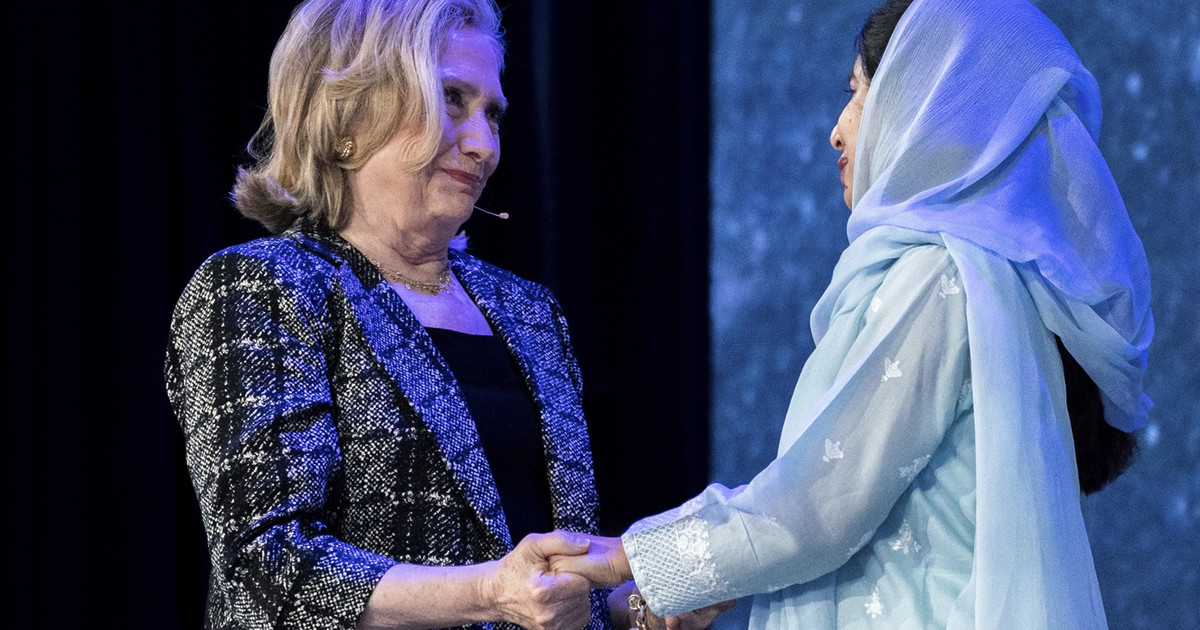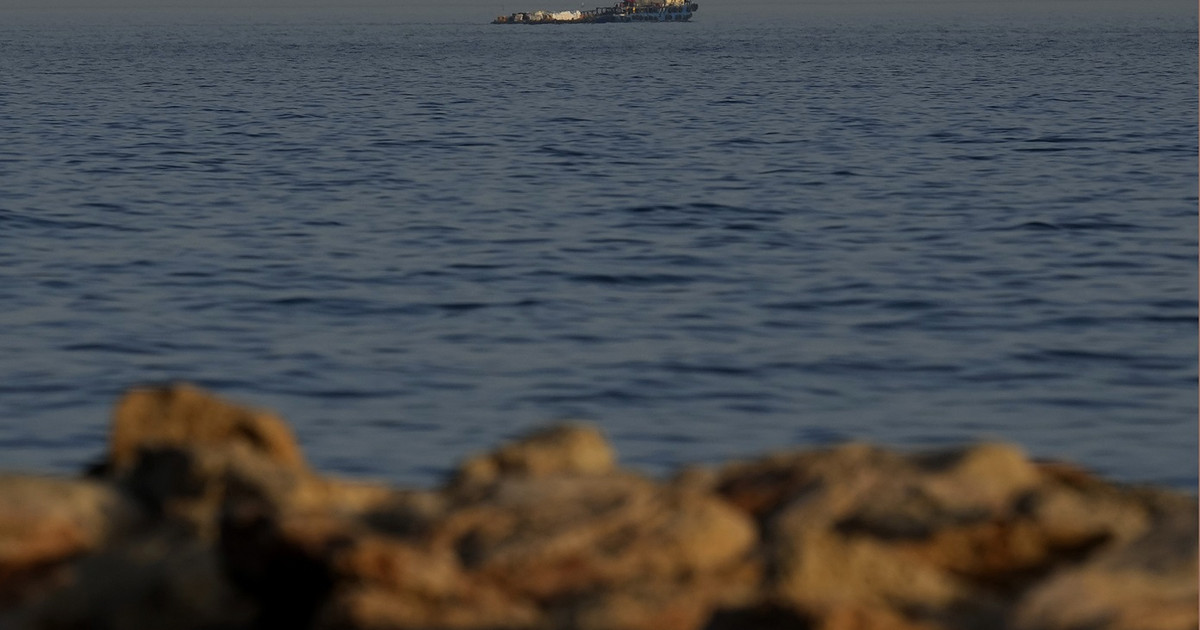The US dollar serves as the backbone of the global economy and is considered the safest currency to invest in. So, in times of uncertainty, investors like to stock up.
What’s happening: The dollar surged to its highest level since the second quarter of 2020 last week as fears grew over how Russia’s war on Ukraine would ricochet off the global economy and financial markets.
One of the reasons for its sharp rise: investors decided they no longer wanted to hold the euros, given Europe’s proximity to the conflict. They threw away the block’s common currency and bought dollars.
“European markets are simply not attractive at the moment because of their geographic exposure to Ukraine and Russia,” says ING strategist Francesco Pesole. US stocks have fared much better than European stocks since the Russian invasion, because the American economy is more insulated from the war and its aftermath.
Natural gas prices in Europe hit record highs last week on concerns about what will happen to Russia’s energy exports. The United States, which is a major energy producer, is being hit by higher costs, but to a lesser extent.
The US economy also looks healthy despite high inflation: 678,000 jobs were created in February, data released on Friday showed, beating forecasts.
In addition, the dollar gained momentum after Federal Reserve Chairman Jerome Powell said the central bank intends to start raising interest rates later this month, although the situation in Ukraine has dimmed the outlook. Higher interest rates should help attract capital from abroad, especially if policymakers in Europe are forced to delay their own increases longer.
One more thing: in times of crisis, there is no currency that investors and policymakers would rather hold on to. The dollar accounted for 60% of global reserves in 2021.
“Markets and central banks want to keep the dollar because it is a very liquid currency. It is highly negotiable,” Pesole said. “It is supported by a very strong and solid economy.”
A stronger dollar could hurt the profits of companies making money abroad, but a bigger concern is how the dollar’s appreciation will affect emerging economies, which often have to repay their debts in dollars.
There is already some anxiety over whether Russia’s economic implosion will also cause investors to abandon riskier markets such as Brazil, Turkey or Mexico. The dollar’s rise could add to the pressure.
There has been some talk about whether Russia’s war on Ukraine could shake the dollar’s dominance, strengthening Moscow’s resolve – along with Beijing – to develop alternative financing mechanisms that will make Western sanctions less effective over time. However, the end of the King Dollar has been called many times before.
“There is no indication that the dollar’s dominance is waning,” Pesole said. “This is a [enredo] which can only be in the very long term.”
Russia’s war has already transformed the global economy
Just a week of war in Ukraine has rocked the global economy, as rapid Western sanctions isolated Russia, collapsed its currency and financial assets and pushed up energy and food prices.
Fast backwards: Russia’s $1.5 trillion economy is the 11th largest in the world, according to World Bank data. A month ago, the country was doing a huge energy trade, exporting millions of barrels of oil a day with the help of major oil companies. Western brands were doing fast business in Russia and investors were lending to their companies.
Now, a flurry of sanctions has rendered Russia’s biggest banks radioactive, traders are avoiding barrels of Ural crude and Western companies are fleeing the country or closing stores, reports my CNN business colleague Charles Riley. Russian stocks were kicked out of global indices and trading in some Russian companies was disrupted in New York and London.
Big picture: Russian President Vladimir Putin’s invasion of Ukraine was met with an unprecedented response from the United States, the United Kingdom, the European Union, Canada, Japan, Australia and other nations. Even Switzerland, famous for its neutrality and banking secrecy, has promised to impose sanctions on Russia.
The sanctions prevented Russia’s two biggest banks, Sberbank and VTB, from trading in US dollars. The West has also removed many Russian banks – including VTB – from Swift, a global messaging service that connects financial institutions and facilitates fast, secure payments.
The coalition is trying to stop Russia’s central bank from selling dollars and other foreign currencies to defend the ruble and its economy. In total, nearly $1 trillion in Russian assets has been frozen by sanctions, according to French Finance Minister Bruno Le Maire.
“Western democracies surprised many by pursuing a strategy of exerting intense economic pressure on Russia, effectively cutting it off from global financial markets,” Oliver Allen said.
Source: CNN Brasil
I am Sophia william, author of World Stock Market. I have a degree in journalism from the University of Missouri and I have worked as a reporter for several news websites. I have a passion for writing and informing people about the latest news and events happening in the world. I strive to be accurate and unbiased in my reporting, and I hope to provide readers with valuable information that they can use to make informed decisions.

.jpeg)
.jpg)



